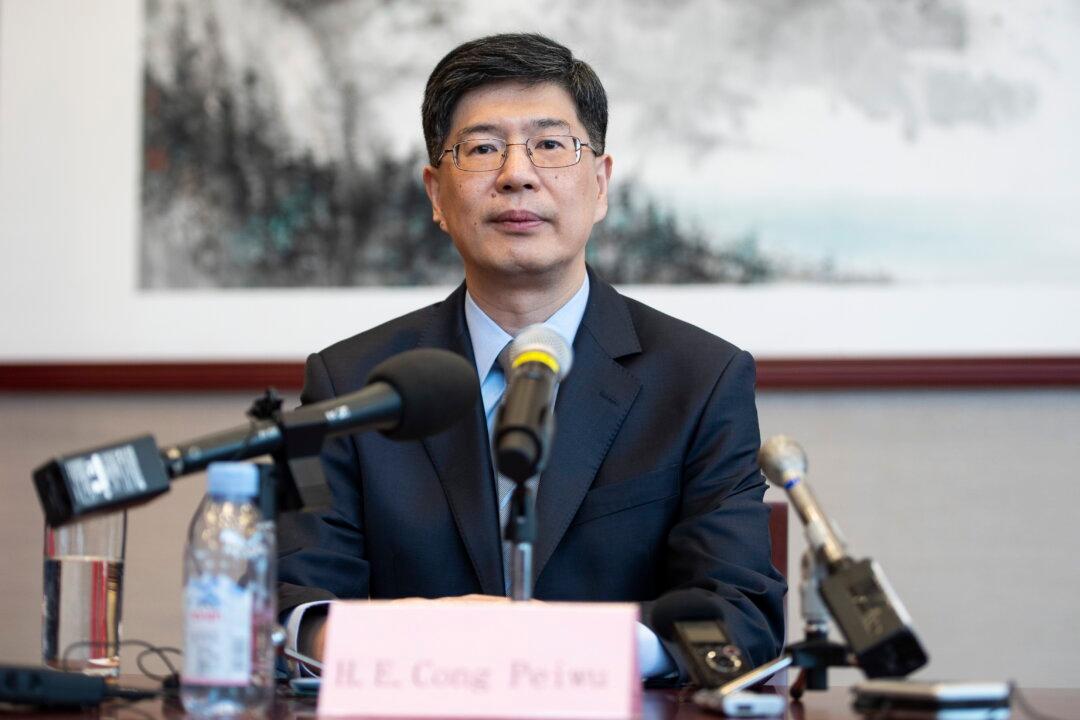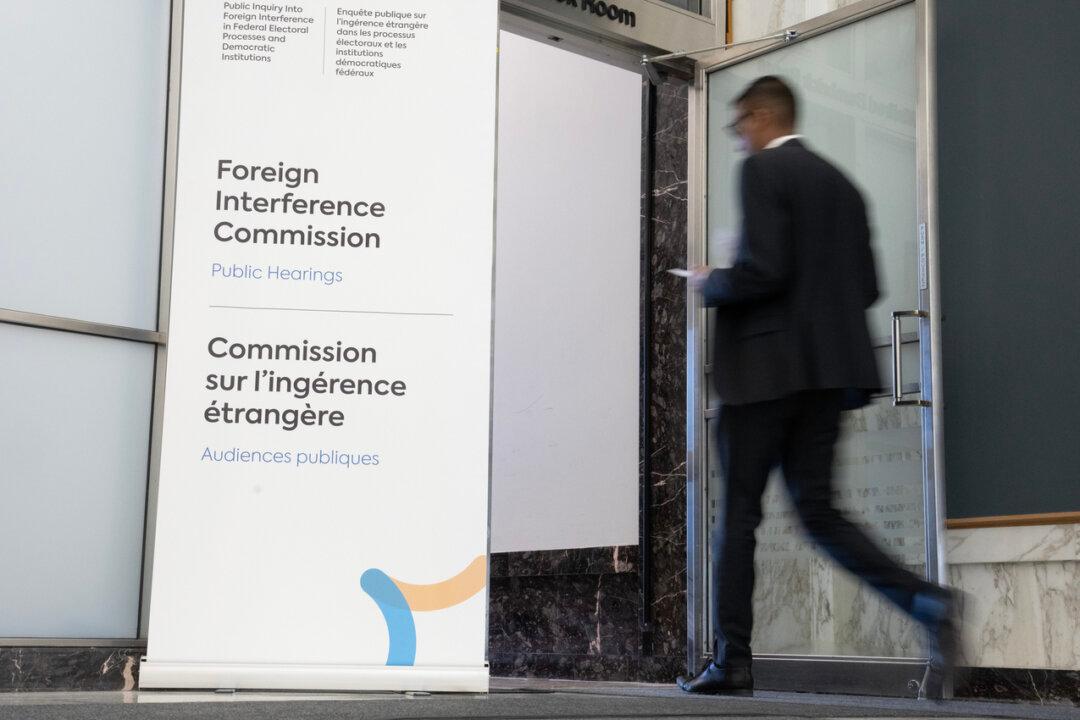The Canada Pension Plan Investment Board (CPPIB) says it is monitoring China’s Tencent, in which it has invested over $1 billion, for possible use of “dual use” technologies. Security experts have warned that Tencent’s social media app, WeChat, widely used in China and by overseas Chinese, is under surveillance by the Chinese Communist Party.
Michel Leduc, senior managing director and global head of public affairs at CCPIB, told a House of Commons committee on May 8 that the Crown corporation still maintains investments in Tencent after being questioned about it by Liberal MP Jean Yip.
“We recognize that the organization has evolved and changed, and the issues associated with their operations. One example might be dual-use technologies—they were built for a particular intention, and then over time, they may be used for intentions that were not contemplated at the time,” Leduc said while testifying before the Commons Special
Committee on the Canada–People’s Republic of China Relationship (CACN).
“So it is something that we’re seized with and monitoring very, very closely.”
Yip asked, as the CPPIB knows that “certain parts of [Tencent] may be engaged in surveillance,” how does the board “come to the decision that this is not acceptable and move on?”
Leduc said the board hasn’t reached “any conclusion” on the issue yet.
“It is an exposure that we have that we’re monitoring very, very closely and continue to understand the risk,” he said.
The Epoch Times has inquired about CPPIB’s investments in Tencent since 2020, but the board has not responded to any requests for comment.
The House of Commons cybersecurity team warned MPs back in 2019 to avoid Tencent’s WeChat, according to
a 2019 report by iPolitics. The security team reportedly noted at the time that information on the popular messaging app continues to be stored on servers located outside Canada even after it’s been deleted, and that the platform doesn’t provide end-to-end encryption.
The board
owned around $1.2 billion in shares in Tencent as of March 31, 2022, the latest date on which the board has published the list of its foreign publicly traded equity holdings.
A 2020
study by the University of Toronto’s Citizen Lab said that communications on WeChat are “subject to pervasive content surveillance.”
“Documents and images transmitted entirely among non-China-registered accounts undergo content surveillance wherein these files are analyzed for content that is politically sensitive in China,” the study said.
CPPIB also has private equity investment in
Bytedance, another Chinese tech company, whose TikTok video-sharing app was
recently banned from government-issued devices by Ottawa and the provinces due to security concerns.
“The Chief Information Officer of Canada determined that it [TikTok] presents an unacceptable level of risk to privacy and security,” according to
a Feb. 27 statement from the Treasury Board of Canada Secretariat.
Forced Labour Concerns
The CACN meeting in part focused on national security and human rights concerns surrounding pension funds in Canada, an issue
highlighted by a report from the UK-based NGO Hong Kong Watch. The NGO
said in a report last year that Canadian pension funds are passively invested in at least 13 China-based companies where “there is credible evidence of involvement in Uyghur forced labour programs and construction of internment camps in Xinjiang.”
According to Hong Kong Watch, the exposure is due to those companies’ inclusion in certain indices. An
updated version of the report, released in December 2022, said CCPIB is still exposed to seven companies involved in forced labour and six companies involved in constructing internment camps or repressive infrastructures in the Xinjiang region.
Eduard van Gelderen, senior vice president and chief investment officer for Canada’s
Public Sector Pension Investment Board, in his testimony before the CACN on May 8, acknowledged that his fund invests in some of the indices named in the Hong Kong Watch report.
“In our passive investment approach, we do have exposure to the MSCI Asia index funds. So yes, there will be some names,” he said.
Omid Ghoreishi and Peter Wilson contributed to this report





